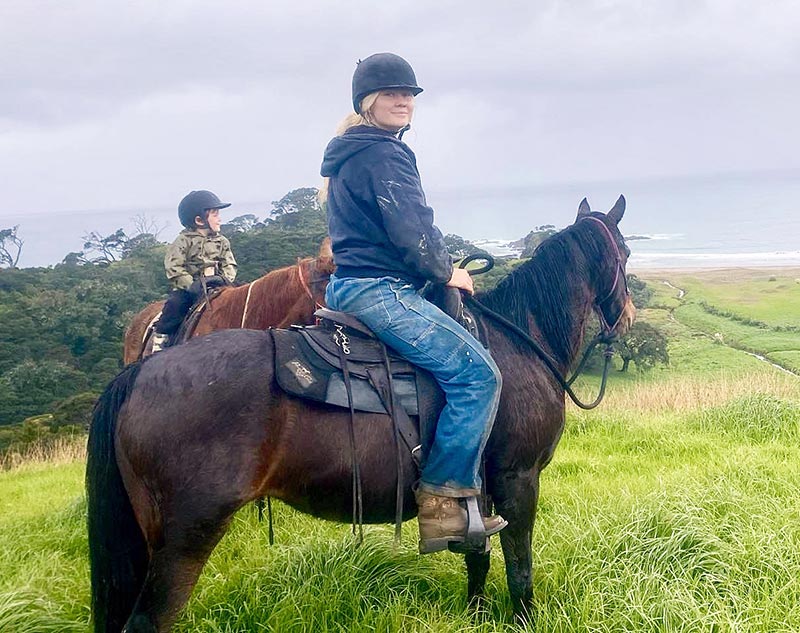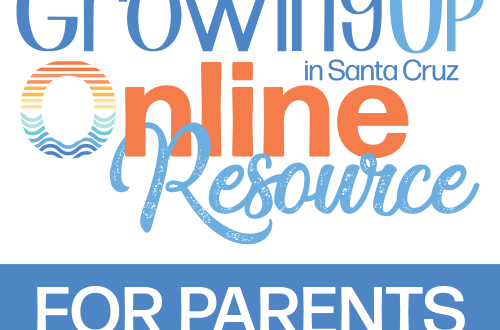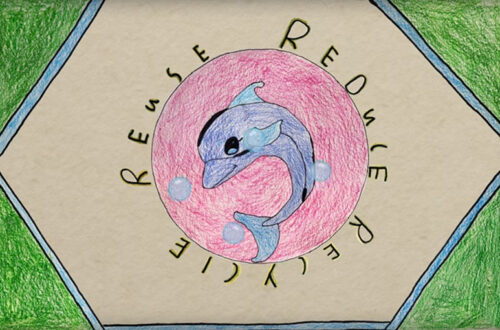I wade through whitewash with a lead rope in hand. The black pony tentatively follows.
She hops and side steps through the waves, skittish to the feel of water on her chest.
We push deeper until the ocean sits at my ribs. She swims in circles around me. The slapping waves mirror her sloping spine. I throw the rope over her shoulder and slide myself onto her back. She bounds off and I crash into the water. I rise over her back and fall splashing over and over until she is snorting and I am cold and heavy.
On land, I sit with the family. We enjoy the crackers I made the day before. The boys scamper across the beach naked. They splash among crumbs of waves and return for cookies. The black pony stands patiently.
I begin to wonder, as I have done everyday since landing in New Zealand, how did I become so lucky, how is my dream resting in my hands?
I had always wanted to work with horses. But it wasn’t until I took a semester off college that I decided to make it happen. I scoured Workaway, an international website that puts travelers in contact with those who provide room and board in exchange for labor.
A woman offering a horsemanship internship caught my attention. One phone call later and my tickets were booked. I stood in the Bay of Islands airport, my first time out of the country. I was alone. More alone than I had been in my entire life.
That was until a short woman with two small boys clinging to her arms and legs walked barefoot through the airport doors. This is Millie, the woman who would educate me beyond my highest expectations on horses, family, and the life I now yearn to have.
The kids gave their introductions as Nash, four and Slade, two. Boys whom I have come to love.
On Valley View Farm in Okaihau, I settled into a routine of farm labor, horseback riding, and childcare. I was ignorant and inexperienced to their way of life. I made mistake after mistake and had to ask for help with each foreign task. I was uncomfortable and frustrated in my failures but I soon melted into a rhythmic education that felt akin to my time at university.
The mornings were cool and often accompanied by a lingering smell of meat. I was given large amounts of frozen beef and lamb raised and slaughtered on the property as part of my weekly grocery stipend.
After my first day of group gardening and a supper of fresh chicken soup, I watched Nash and Slade snuggle into a pile of lamb hides.
The children had watched them be shot, bled, skinned, and gutted that afternoon. They fondled the intestines, sniffing their fingers and pointing out the different parts to me. Livers were for the dogs and the rest would be buried and sifted into various piles of cow and horse manure.
The garden flourished with such richness. Nothing was wasted-a mentality that rang throughout my time there.
On most days I’d begin a foggy walk to whichever paddock the horses had spent the night in. The property ran on a rotational grazing system. I stumbled through rutted pastures and slopes of unfamiliar trees. Cattle would scatter and calves bucked at my arrival. Then around some bend or under evergreen trees would sit the herd. Hunched like ancient things balding the ground with rhythmic chomps and swallows.
I’d whistle and yell “moving” to get them up and out the gate. We would amble down the gravel road and then up the wooden steps into the feeding area. Ten horses, two miniature ponies, and an overly vocal donkey all waiting to be fed.
Other days I would roll massive stones around banana trees in the chook house. I lifted them and once slipped. The rock landed on my stomach with a thump and gasp. I drove a quad and trailer from paddock to paddock collecting cow pies. I herded sheep on horseback down a jungle path.
I plucked botfly eggs from Arabian horse legs. I kerneled corn until blisters turned to callus. I chased horses barefoot and in the dark. I fed skinned possum bodies to chickens. I galloped across the beach racing trucks. I sang with the children at church.
I baked two loaves of sourdough bread a week. I ran with the black pony barefoot. I sprinted along as she cantered, drenching my jeans in splashing puddles. I hiked six miles barefoot.
When I first arrived on the farm Millie warned me about the black pony’s wicked buck and uneasiness under the saddle. It took me almost a month and a half to be able to ride her.
I was unafraid but inexperienced, a combination that got me into trouble. She took off with me as I tried to lead a horse off her.
She threw me into a puddle after a few quick bucks and spins in either direction. She spooked and fled with the sled used to pick up manure, scarring the top of my hand with a rope burn.
Leaning into these ignorant and uncomfortable mistakes allowed me to progress. By the end of my stay I was cantering the black pony across beaches with a gas can on my hip, racing to refill an empty quad. I felt not only comfortable with my abilities but confident in them.
For anyone looking for a similar experience, get a visa and buy a plane ticket. That was all I needed. I am not special and it was not luck that landed me in New Zealand.
It was an active decision to not only pursue passions dismissed as pipedreams but to accept the inevitable fear and uncomfortability that comes with being alone, an outsider, and having to trust yourself above all else.
By Lucia Thomas








